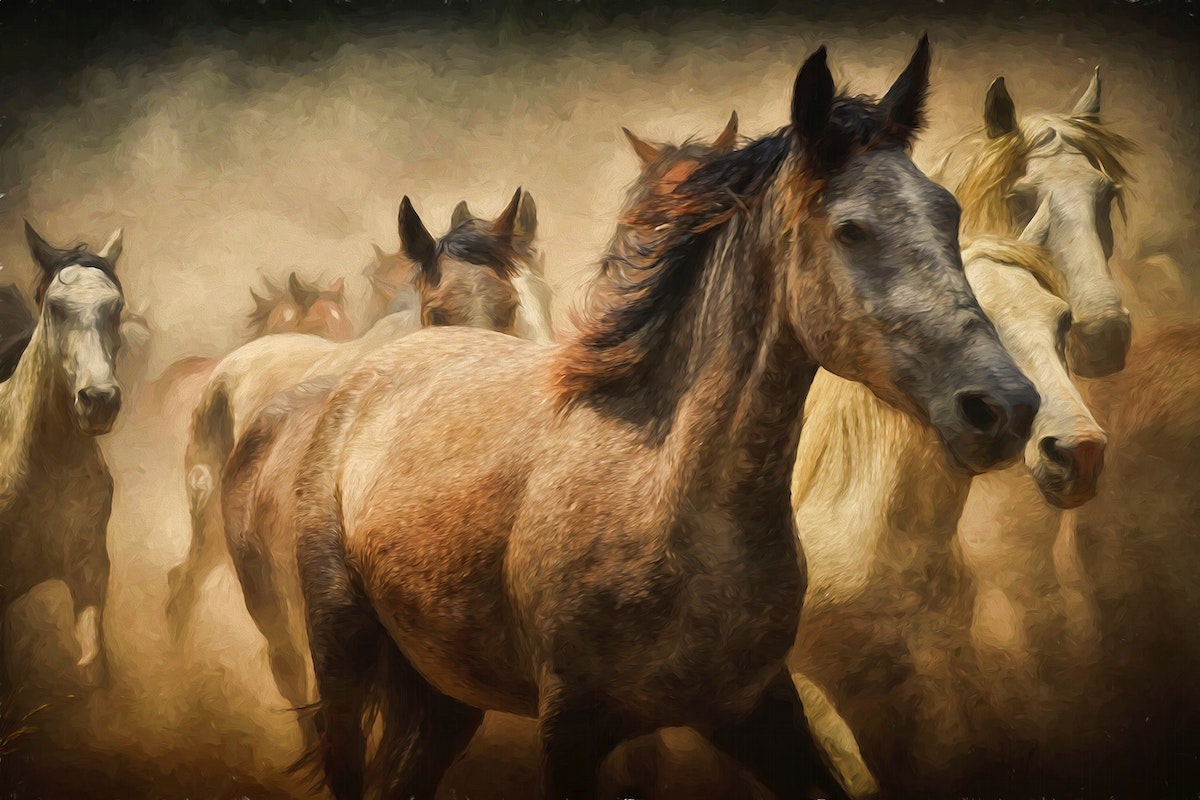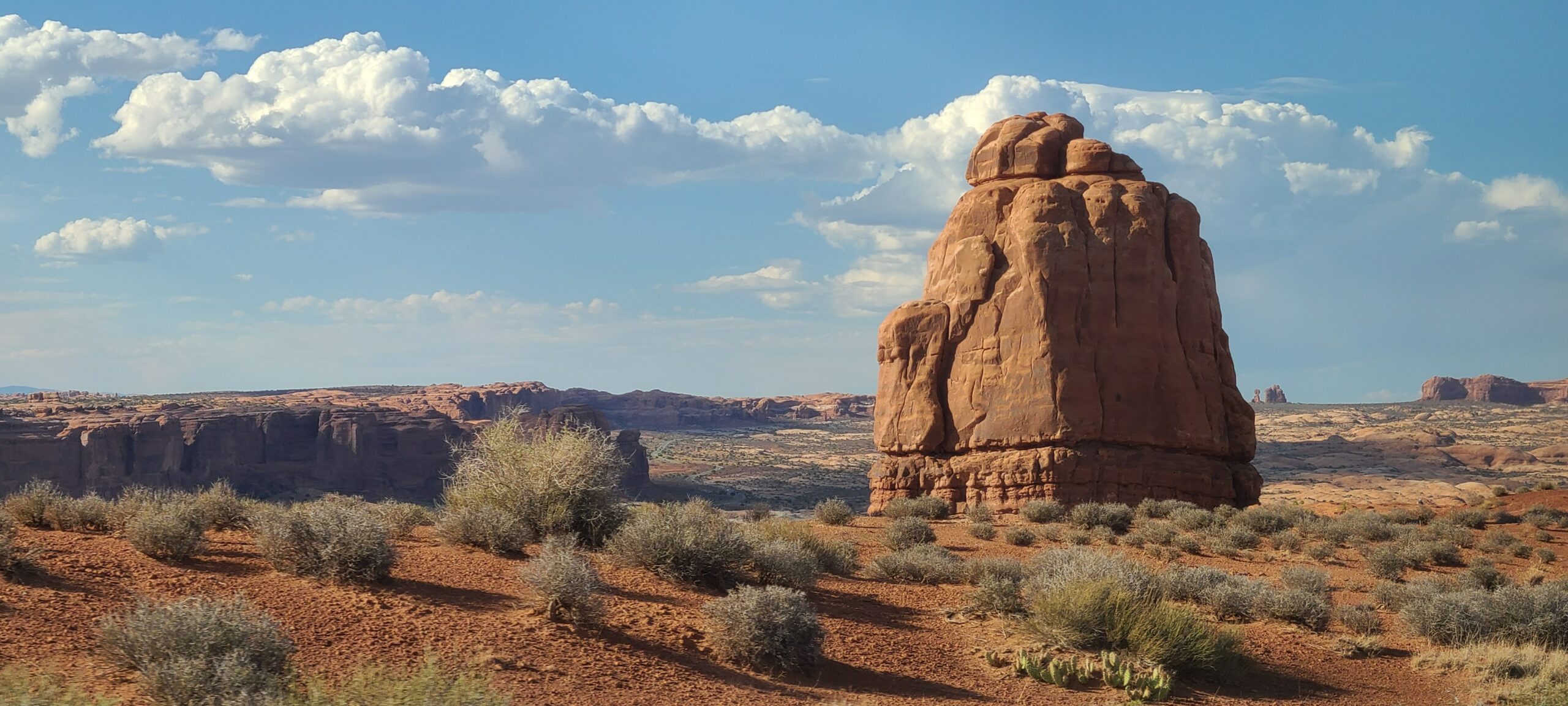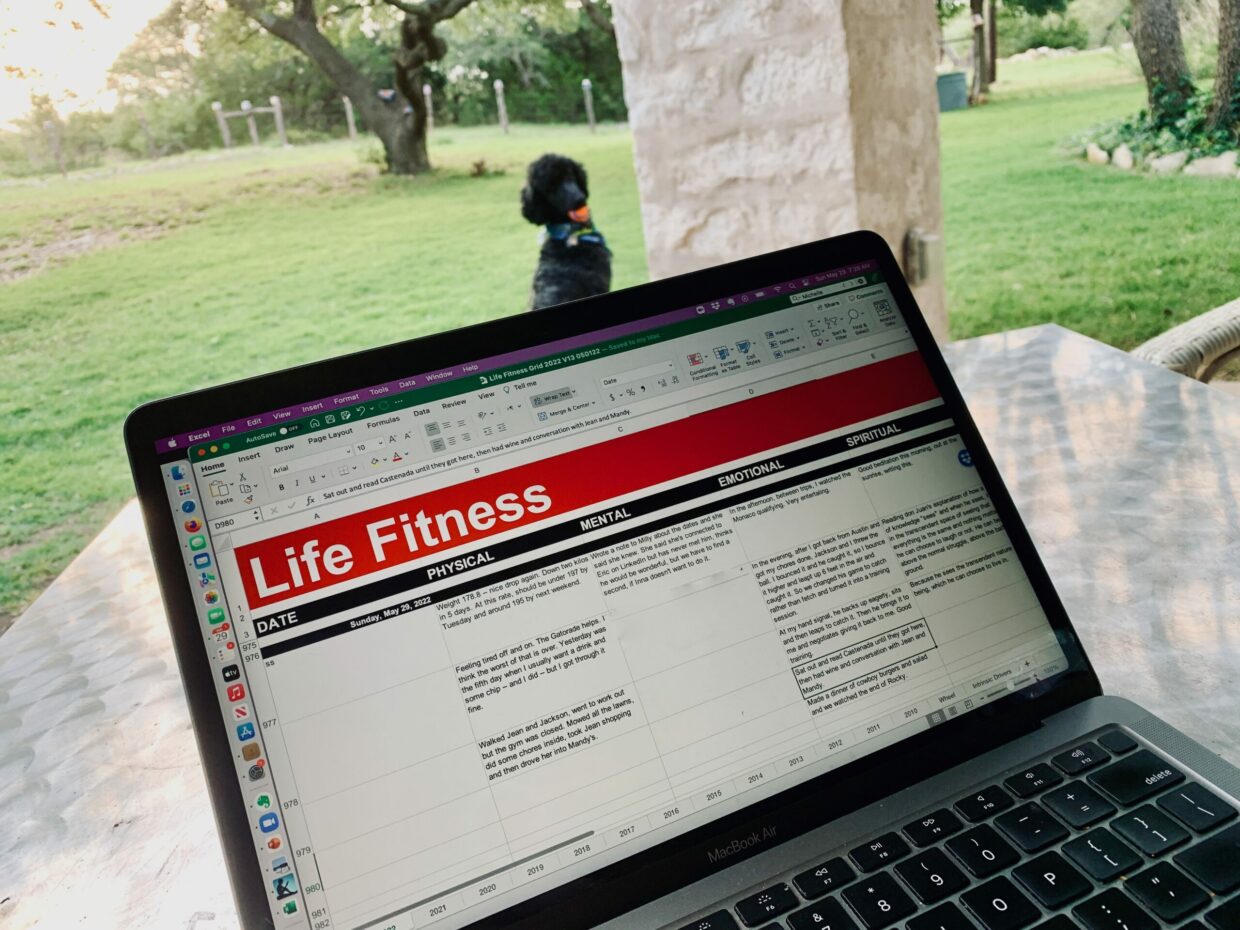Standing small vs. standing tall: What do you stand for as a leader?
That may be the most important question you can ask, because how you define what you stand for determines the dimensions of the arena you play in. You can stand tall or you can stand small. It’s your choice. It’s not about the money or the fame. There are plenty of famous billionaires who stand for absolutely nothing, no matter what their media team tweets about them. And there are people, almost invisible in their modest appearance, who are quietly changing the lives of everyone they touch.
Which would you like to be?
Many years ago, I was working with a coach who was helping me understand why it was important for me to find something I stood for, something that really expressed my purpose in life. Unfortunately, I was somewhat unclear on the concept. I was in my late thirties and had failed at a few business startups. I didn’t know that most small businesses fail in the first eighteen months, and you just have to keep trying until you find something that works. In my mind, I saw each setback not as an opportunity to expand but as proof that I was, as I’d suspected since I was little, generally worthless and unloved. Each set back added a verse to my song about how nothing ever works out. But something had changed when I hit thirty-five, and I experienced success with my writing. I was actually earning a living from it and people were praising my work.
So, when the coach asked me what I stood for, I offered up the biggest and most brazen BHAG (Big Hairy Audacious Goal) I could think of.
“I’m going to be a great writer,” I announced.
The coach shook his head.
“No, you don’t get it,” he said. “That’s not big enough. Think bigger.”
I thought about it a while. At that point, I thought it was pretty huge that I had finally “come out” as a writer, declared myself as someone talented and smart enough to do that for a living and discovered, to my surprise, that most everyone who knew me was wondering what took me so long.
Bigger than that? I gave it a shot.
“I’m going to be one of the greatest writers of my generation!” I might have said “top ten” or something like that. Now that was a big goal.
The coach looked at me with pity and told me I was still thinking small. I was thinking of goals. Goals aren’t a stand. Goals are just the measurement of the stand. Best writer of your generation? Because why? What’s the purpose of your work? What will it stand for?
I probably left discouraged and confused. Instead of telling me how great my recent accomplishments were (I don’t know how great they were, to be honest, but they were definitely a giant leap for me!), he was telling me I wasn’t thinking big enough. I was standing small instead of standing tall.
I thought about what I might have to offer. I thought about the path I had been on, haphazard though it seemed to me. The years searching for a spiritual path. The years I spent studying yoga and then teaching it. Building a yoga community in London. Trying to figure out who I was and how to be a leader. The years of seeming failure and deep disappointment (there it was again) until I finally landed on something that felt like it was paying off, writing for leaders of major businesses, `and earning their respect.
I thought about it a lot and when I returned to meet with the coach a couple of weeks later, I tried a new idea on him.
“I stand for making work a path of enlightenment,” I said.
“That works,” he said. “That’s a big stand.”
That stand was consistent both with the work I was doing then and the work I am doing today. It was consistent with my Essential Self. I didn’t realize it yet, but I had given expression to what I was already working on.
As leaders, we have to get jobs done. The apples have to be picked. The code has to be written and tested. The eggs have to be fried the way the customers like them. Those are the tasks of life. All those tasks are done by people. And that calls for a deeper and more profound leadership duty, a duty to the people who get things done.
Each one of the people you work with is looking for meaning, whether they know it or not. More than that, every person you encounter today is looking for meaning. Why is that your problem? Well, we are living in a world of deep disruptions, of deep distrust and fearful outcomes. And every one of those negative outcomes can be mitigated, if only to a small degree, by your next interaction.
Thank someone. Let them know you see them. Let them see that they made a difference to someone’s day by the way they checked you out of the store, took your order at lunch, completed the acquisition for the IT company your team is in charge of acquiring. When you aspire to be a leader, you aspire to create change. That’s what a leader stands for.
What do you want to stand for?








